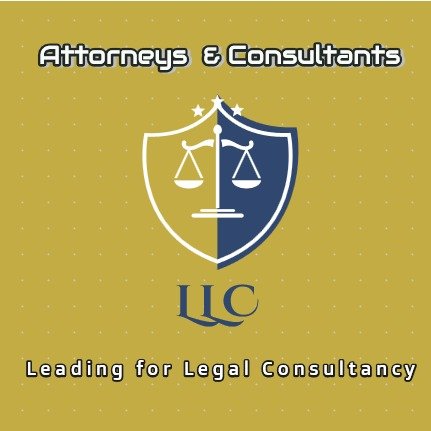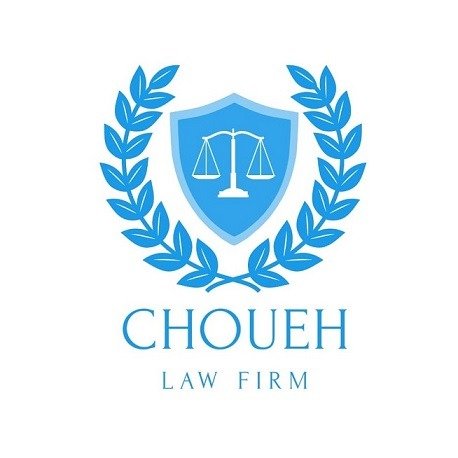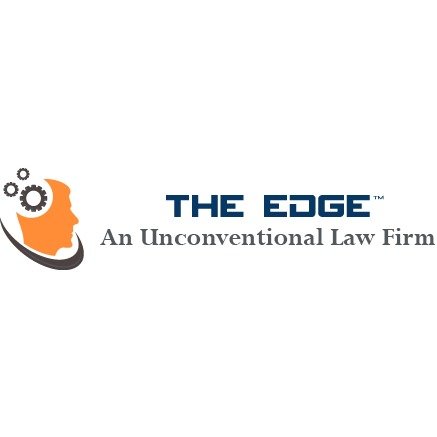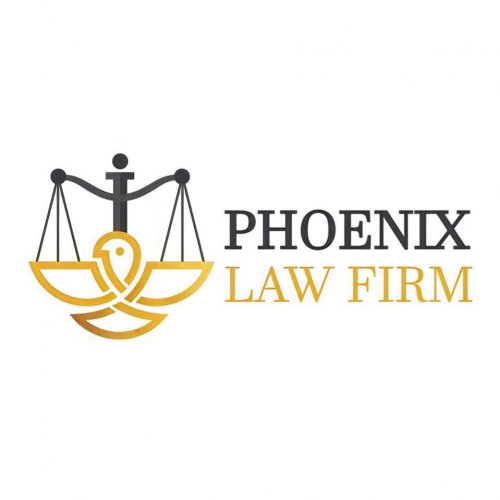Best Sanctions & Export Controls Lawyers in Lebanon
Share your needs with us, get contacted by law firms.
Free. Takes 2 min.
Or refine your search by selecting a city:
List of the best lawyers in Lebanon
About Sanctions & Export Controls Law in Lebanon
Sanctions and export controls refer to laws and regulations that restrict or prohibit certain types of trade and transactions, typically for reasons of national security, foreign policy, or compliance with international obligations. In Lebanon, these legal frameworks regulate the export and import of specific goods, technologies, services, and financial transactions, especially those that may have military or dual-use applications. Lebanon, as a member of the United Nations and the Arab League, often enacts sanctions in alignment with these organizations. Compliance with sanctions and export controls is critical for individuals, businesses, and financial institutions operating in Lebanon to avoid civil and criminal penalties.
Why You May Need a Lawyer
Navigating sanctions and export controls in Lebanon can be challenging due to the complexity of local and international regulations. You may need a lawyer experienced in this field in situations such as:
- Facing investigation or enforcement actions related to alleged violations of sanctions or export controls.
- Conducting cross-border transactions and needing to ensure compliance with Lebanese and international restrictions.
- Seeking to export or import goods, services, or technology that may fall under controlled categories.
- Receiving notifications from banks or government authorities about suspected non-compliance.
- Dealing with contracts that involve parties or countries subject to sanctions.
Legal advice is essential for mitigating risks, obtaining necessary authorizations, handling disputes, and safeguarding your business and personal interests.
Local Laws Overview
Lebanon’s sanctions and export controls regime draws upon several sources of law and regulatory practice including:
- Implementation of United Nations Security Council resolutions and related international sanctions.
- National export licensing requirements for sensitive or dual-use goods and technologies, administered by government ministries such as Economy and Trade, Defense, and Finance.
- Prohibitions or limitations covering trade with specific countries, entities, or individuals as designated by Lebanese authorities.
- Customs regulations that include detailed requirements and controls on goods entering or leaving Lebanon.
- Banking and financial regulations aimed at preventing terrorist financing and money laundering, especially in relation to designated persons or countries.
Although Lebanon does not have a comprehensive standalone export control law, various legal provisions and ministerial decrees create a regulatory landscape that businesses and individuals must carefully navigate. Penalties for violations can include fines, confiscation of goods, restrictions on business operations, and even criminal prosecution in serious cases.
Frequently Asked Questions
What are sanctions and export controls?
Sanctions are legal measures imposed to restrict activities involving specific countries, entities, or individuals, while export controls regulate the transfer of certain goods, technologies, or services across borders typically to protect national security and comply with international agreements.
Does Lebanon impose its own sanctions, or does it only follow international sanctions?
Lebanon primarily enforces United Nations and Arab League sanctions but may also introduce its own restrictions based on national interests and security considerations.
What goods are commonly subject to export controls in Lebanon?
Goods subject to export controls in Lebanon include weapons, military equipment, dual-use technologies, chemicals, sensitive electronics, and certain items that may have possible military purposes.
Can I do business with individuals or companies in countries subject to sanctions?
Doing business with designated persons or entities is highly restricted and generally prohibited unless specific licenses or exemptions are granted by the Lebanese authorities.
What are the consequences of violating sanctions or export control laws in Lebanon?
Consequences can range from fines and confiscation of goods to revocation of business licenses and, in severe cases, criminal prosecution resulting in imprisonment.
Are financial transactions also subject to sanctions and export controls?
Yes, banks and financial institutions in Lebanon are required to monitor and report transactions that may involve sanctioned parties. Certain financial activities are outright prohibited.
How can I find out if a product or transaction is subject to export controls?
You should consult the relevant Lebanese government department, such as the Ministry of Economy and Trade, review customs regulations, or seek guidance from a legal expert with knowledge of export controls.
Are there any exemptions or licenses available for controlled exports?
In some cases, exemptions or specific export licenses can be obtained from Lebanese authorities after review of the intended purpose and destination of the goods or services.
Do Lebanese companies have to comply with foreign or extraterritorial sanctions?
While Lebanese companies must prioritize compliance with Lebanese laws, failure to respect certain foreign or international sanctions may affect their business relationships with banks and partners abroad.
What should I do if I receive a notice from authorities about a possible sanctions violation?
You should seek immediate legal advice to understand your rights and obligations, respond appropriately, and avoid potentially severe penalties.
Additional Resources
For more information and support regarding sanctions and export controls in Lebanon, consider reaching out to:
- Ministry of Economy and Trade - Handles licensing, export-import controls, and regulatory guidance.
- Lebanese Customs Authority - Enforces customs regulations and monitors cross-border goods.
- Ministry of Defense - Responsible for items with potential military or security implications.
- Banking Control Commission of Lebanon - Monitors financial institutions’ compliance with sanctions.
- Lebanese Association of Certified Public Accountants - Can offer compliance-related advice for businesses.
It is also advisable to consult professional industry associations, local chambers of commerce, or international organizations specializing in trade compliance and exports for additional guidance.
Next Steps
If you believe you may be affected by sanctions or export controls or require legal advice in this area, you should:
- Document any relevant transactions, correspondence, and notices you have received.
- Contact a qualified Lebanese lawyer with experience in sanctions and export controls to discuss your situation confidentially.
- Prepare specific questions and a list of concerns to ensure an effective initial consultation.
- Follow all legal advice and cooperate with government authorities if an inquiry or investigation is underway.
Early legal intervention can be crucial in preventing damage to your reputation, business operations, and legal status. By acting promptly and seeking expert guidance, you can protect your interests and ensure compliance with Lebanese and international laws.
Lawzana helps you find the best lawyers and law firms in Lebanon through a curated and pre-screened list of qualified legal professionals. Our platform offers rankings and detailed profiles of attorneys and law firms, allowing you to compare based on practice areas, including Sanctions & Export Controls, experience, and client feedback.
Each profile includes a description of the firm's areas of practice, client reviews, team members and partners, year of establishment, spoken languages, office locations, contact information, social media presence, and any published articles or resources. Most firms on our platform speak English and are experienced in both local and international legal matters.
Get a quote from top-rated law firms in Lebanon — quickly, securely, and without unnecessary hassle.
Disclaimer:
The information provided on this page is for general informational purposes only and does not constitute legal advice. While we strive to ensure the accuracy and relevance of the content, legal information may change over time, and interpretations of the law can vary. You should always consult with a qualified legal professional for advice specific to your situation.
We disclaim all liability for actions taken or not taken based on the content of this page. If you believe any information is incorrect or outdated, please contact us, and we will review and update it where appropriate.
Browse sanctions & export controls law firms by city in Lebanon
Refine your search by selecting a city.













